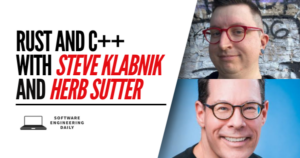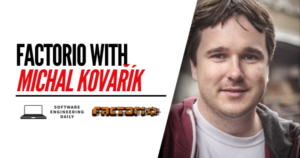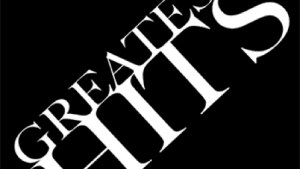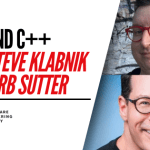Engineering Values with Lynne Tye
Podcast: Play in new window | Download
Subscribe: RSS
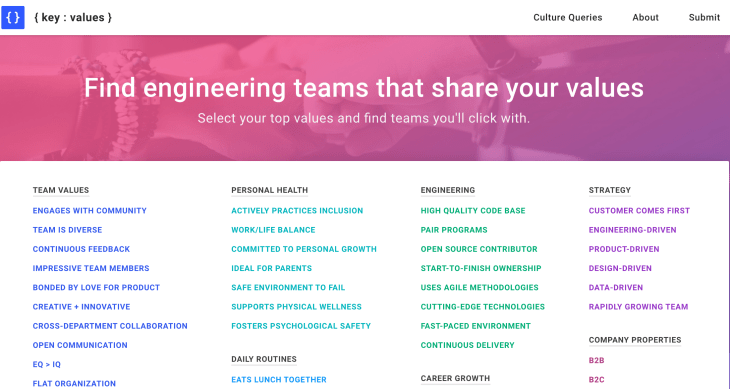

The values system of a company guides the actions of the engineers who work at that company.
Some companies value open communication and a flat organization where anybody can talk to anyone else. Other companies encourage hierarchy and secrecy so that employees are focused on their specific section of the company.
Some companies take themselves seriously and have a work environment that is as stoic as the military. Other companies pride themselves on having a good beer and a friendly, laid back atmosphere.
When company values are properly defined, the values can be used as reference points when making decisions. At Amazon, one of the core company values is “bias for action.” As an engineer, you are often in a situation where you can wait for more information, or you can start a project with an incomplete picture for how you will finish it. The “bias for action” lets you know that you should usually start the project despite having an incomplete picture.
Another use of a company values system is for hiring.
When a company publishes their values, prospective employees can use those stated values as a way to know if they would be a good cultural fit. For example “move fast and break things” was a value that allowed Facebook to ship new products faster than any other company before it. But the speed of movement is not for everyone. Some engineers like to have their code unit tested, and free of all bugs before shipping to production.
Every company has values that define their company. And every engineer has values that define how they want to work.
Lynne Tye started her company Key Values as a platform to index companies by their values systems. This allows engineers to find companies that are a good cultural fit for their values system. Lynne joins the show today to explain how engineers and companies define their values systems, and how that affects the outcomes of engineering organizations.
Lynne also talks about her time at HomeJoy, one of the first companies in the “gig economy”. HomeJoy was an on-demand house cleaning service that grew extremely fast, but ultimately went under due to lawsuits. The challenges of HomeJoy were a predictor of the challenges later faced by Uber and Airbnb, and it was fascinating to hear Lynne reflect on her time spent managing operations at HomeJoy–which was about as operationally intensive a company as you can imagine!
Thanks to Courtland Allen for the intro to Lynne, and if you haven’t checked out the Indie Hackers podcast, which is hosted by Courtland, you should subscribe to it. Indie Hackers breaks down the engineering and business models behind small software companies–it’s one of my favorite shows.
Transcript
Transcript provided by We Edit Podcasts. Software Engineering Daily listeners can go to weeditpodcasts.com/sed to get 20% off the first two months of audio editing and transcription services. Thanks to We Edit Podcasts for partnering with SE Daily. Please click here to view this show’s transcript.



